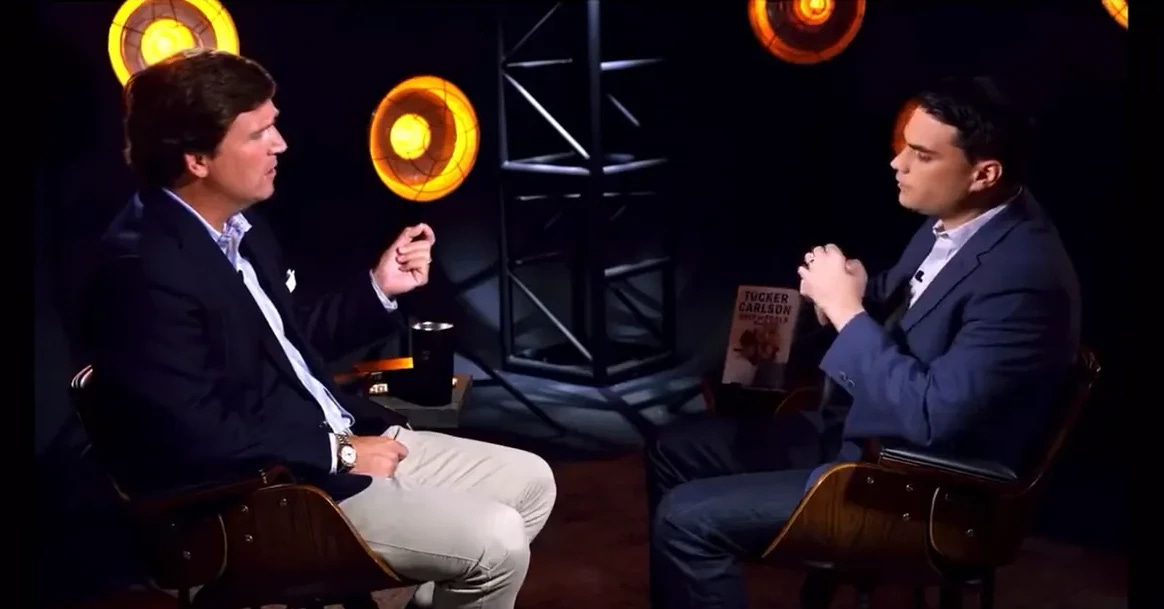While falling well short on some key issues, it’s been heartening at least to see the Federal Coalition leading the discourse and taking some risks on genuine reform.
Left in ruins after being swept from office in 2022, many commentators questioned the viability of the Liberal party. But within two years they have surged back into relevance, and with a flavour less antithetical to libertarians.
It began early in 2023 when the National Party declared its stance on the Voice referendum, and Dutton duly followed, despite some resistance within the Liberals. This crucial first step allowed Australians to see that Dutton’s Liberals were delineated from Labor, and despite healthy early polling for the ‘yes’ case, Dutton’s gamble paid off handsomely and the Albanese honeymoon ended abruptly.
The Liberal state divisions are much slower on the uptake, as evidenced by their staunch refusal to adopt Dutton’s nuclear proposal.
Then, whispers on vaping prohibition, super for housing, an overhaul of immigration, and of course the big one: nuclear power. Nationals deputy leader Perin Davey was even floating the idea of income splitting between household partners! Recognising his lack of personability and charisma, Dutton has opted to take a series of policy reforms to the next election with an eye to vastly expanding the Coalition’s electoral map as its traditional base shrinks.
Lo and behold, they have already taken the lead in several recent national polls and, incredibly, Dutton overtook Albanese as preferred PM in the latest Resolve poll – something I thought I would never see. It may be that in time Dutton will again lose control of the narrative; Australians are typically sceptical of reform agendas from opposition (see Bill Shorten, 2019), but there’s some encouragement for libertarians here.
It appears the unfolding political realignment is presenting the Liberals with an opportunity to reinvent themselves as the party of working Australians. The ‘teal wave’ of 2022, that also saw blue ribbon seats such as Higgins and Ryan fall to Labor and the Greens, was a blessing in disguise. Many of the nagging progressive moderates of the party were flushed out of metropolitan strongholds, leaving Dutton with no choice but to devise a new path to victory. Thus, faced with poor prospects with young voters and the opportunity to re-home the politically jaded working class, Dutton is unveiling his new coalition.
As libertarians, we still have important work to do. Firstly, the Coalition maintains terrible policy in areas such as online safety, while their shadow cabinet currently boasts the leftovers of a government that completely failed to effectively manage the budget for a decade.
The National Party declared its stance on the Voice referendum
Secondly, the Liberal state divisions are much slower on the uptake, as evidenced by their staunch refusal to adopt Dutton’s nuclear proposal. Metropolitan centres still dominate their electoral prospects and the old risk averse attitude still prevails: in Queensland for example, LNP leader David Crisafulli is paralysed, terrified of losing an unlosable state election, while in Victoria John Pesutto and his inner city moderates still control the party.
Undoubtably, libertarians still have a major opportunity to shape public policy. While it’s encouraging to see the Coalition adopt a reform agenda with some sensible policy that promotes free choice and prosperity, they are still a long way from their classical liberal roots. At the state level, libertarians have a unique opportunity to help set the agenda and give voice to the aspirational working class. Imagine, for a moment, if the Liberal Party had spoken up on behalf of those campaigning against the excesses of Covid mania and mandates. Imagine also if they had meekly embraced bipartisanship on the Voice.
It is worth reflecting on the positive change we see in the Liberal Party. They are perhaps the most powerful vessel for libertarian policies, having proven under Dutton that they can take on the left and win. It’s indicative of our political influence in action. However, we must be merciless when they stray back towards populist authoritarianism.








